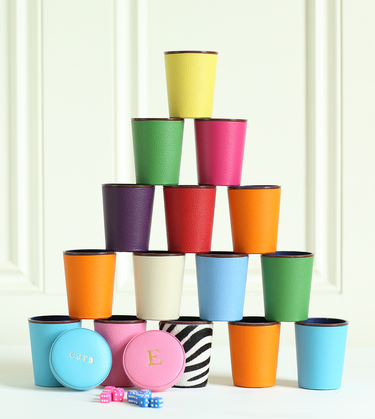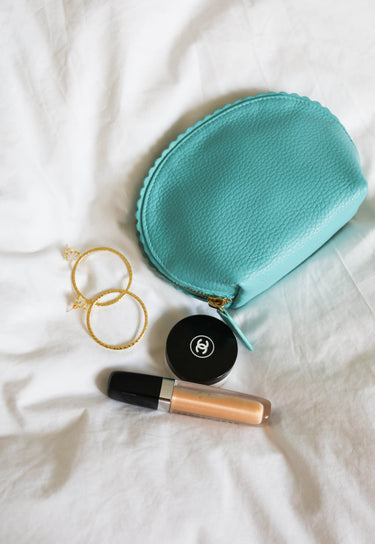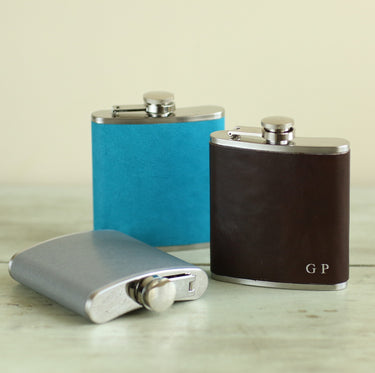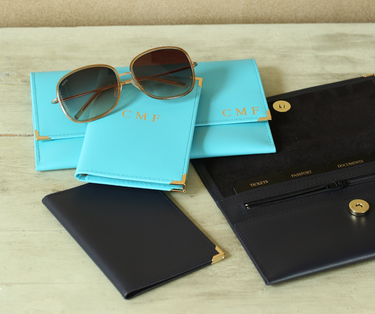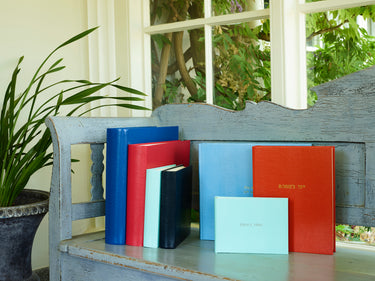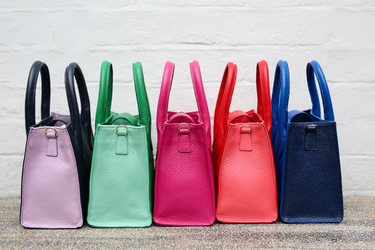Top Tips When Planning a Wine Cellar
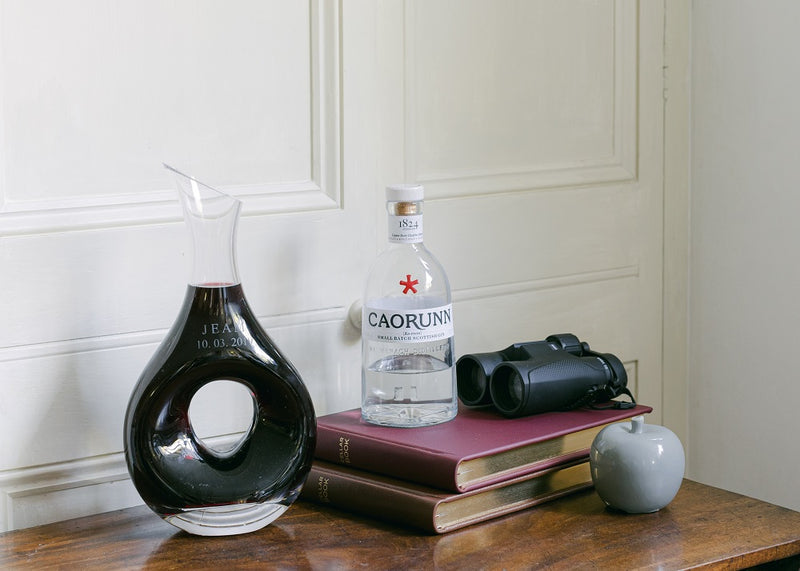
Often there becomes a point when wine is more than something enjoyed just with family and/or friends but rather a hobby. For those reaching this point, where wine is not simply for a single night of consumption but is instead a long-term investment, you might consider creating a home wine cellar.
There is ample advice out there regarding wine cellar ideas and important things to note when storing wine, so as providers of fine wine cellar books, we have condensed some of this knowledge into this article.
Ahead of English Wine Week (23rd May), we provide inspirational wine cellar ideas so you can create a home wine cellar that will be the talk of the town… if you choose to share it!
Collection size and storage
The first point of consideration when planning a wine cellar is the size of your collection. Naturally, this will affect the amount of storage space needed for the wine. You must consider the existing space in your home and whether you may need further storage. A small collection may only require a wine wardrobe or wall, whereas larger collections will need an entire room or below ground storage such as a spiral cellar.
Each of which make an extremely attractive and luxurious feature for any home wine cellar.

Position and placement of your wine
Beyond the aesthetic value of a cellar (it is not just to impress your guests), space plays an essential role in maintaining the best temperature, humidity, and lighting for each wine to age well. Within the cellar, where and how you position the wine is also vital.
For example, wine is typically stored on its side – this is not just for maximising space efficiency, but this way the liquid spreads to cover the cork. This prevents letting air in which only oxidises the liquid, drying out the cork and evidently spoiling the wine.
Organising your collection within your cellar
Bottles that need to be consumed sooner rather than later should be more readily accessible if your wine cellar is strategically organised. It is good practice to designate an area or row for wine that is ready to drink and then keep a discrete area space for wine for long-term storage. This should help avoid opening any wine too soon or too late too.
Equally, it is important that you organise the wines specifically based on their type. This means either their style (white, red, rose or dessert), price, variety or vintage, or by the region it came from. Arranging your collection will ensure it remains manageable and you on top of what you have. It is also an excellent way to help you spot any potential gaps in your collection.
For those with a smaller wine collection (less than 200 bottles) we recommend that you organise your wine according to style, whereas larger collections (over 200 bottles) are better arranged by region. You should make note of your top tasting tipples using a wine label library, it also makes a lovely pass time for yourself and guests.
Knowing which wine will age well
When acquiring a collection of fine wine, of course an appreciation of wine is essential, but one should also have a good understanding of wine in terms of what ages well in a wine cellar and why. Perhaps unsurprisingly, a lot of wines are available to buy today are made for early consumption and needn’t be stored for aging.
When embarking upon your wine-collecting journey you should understand the basics of what makes a wine age well over years. The first thing I look at when assessing how well a wine will age is its acidity, something which is generally quite clearly indicated on the label.
A wine with moderate to high acidity will age well. Similarly, red wines with a higher ‘tannin’ – the molecules in the wine that give it its colour, the texture whereby it ‘coats’ the mouth, and sometimes a certain bitterness – will age well over the years.
The proof is in the pudding
To name just a few wines with higher levels of tannin, look for a Malbec, Shiraz, and Cabernet Sauvignon. Wines with balanced levels of alcohol also age well, as do sweet wines. Doing your research requires both theory and practice, so remember to document your findings as this will also save you the trouble for future searches.
Host a wine tasting evening once your wines have progressed to their optimal aging stage and ask your guests to note down the key components of each wine. This will set the bar for what wines you wish to purchase in the future depending on the occasion and company. It also promotes a further personal touch to your home wine cellar.
Why use a cellar book?
Documenting your wine cellar is important for several reasons. The first is maintenance. As previously mentioned, a home wine cellar is supposed to maintain the best temperature, humidity, and lighting for the wines to age well. Keeping a record of the latter will avoid any accidental or mechanical difficulties which could result in spoiling your precious wine collection.
In addition to arranging your wine by what needs to be drank first, keeping notes of consume-by dates for each wine will also avoid losing track of what you have and accidentally wasting good wine.
The Noble touch
Our Noble Macmillan Cellar books are made to make this documenting process easy. Each size and style of cellar book have different page layouts to suit your preference and drinking habits. The books contain space for the same key details for every bottle; vintage, price, date purchased, quantity, occasion, date drunk, stock remaining, and of course, an area for your remarks.
The remarks area is a great place to record your tasting notes and the experience, including where it was sampled, who it was shared with and/or what food it was paired with. For this reason, a cellar book has a wonderful way of storing your memories as well as keeping track of your wine… And it looks good too!
Conclusion
There are many variables to consider when planning your home wine cellar. After all, your home wine cellar and the collection it will hold are an investment, therefore it should be treated with just as much care and attention as your other investments. These wine cellar ideas and tips will aid any enthusiast of fine wine and entertaining.
Enjoy and run your collection to its maximum potential, perhaps with a companion over a decadent dish or with friends during a book club, writing about the things you love make it all the more worthwhile.

Journaling, in any form, has its many health benefits. Check out our latest blog in aid of Mental Health Awareness week to see what mental health benefits journaling brings.









